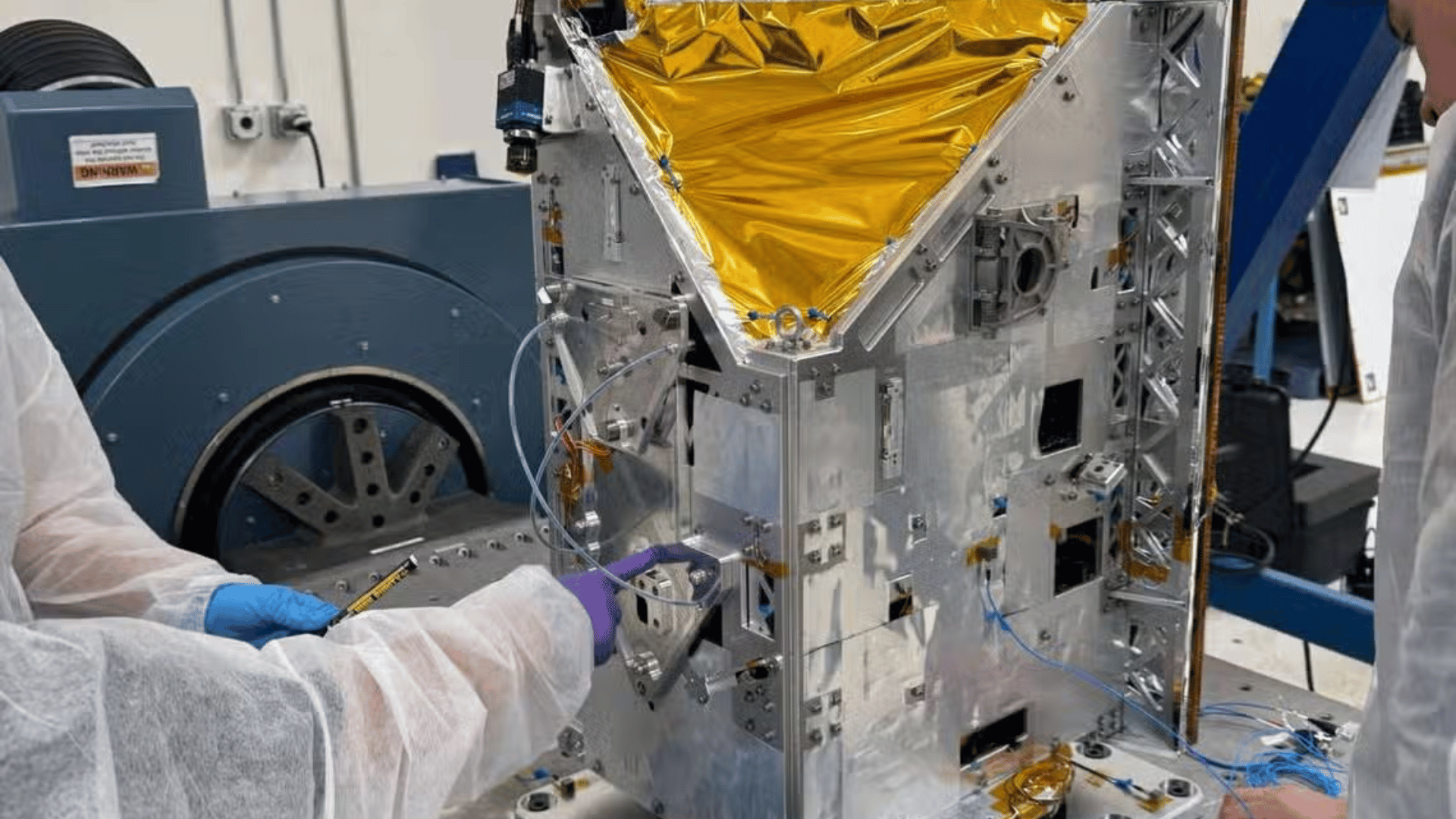The University of California, Davis (UC Davis) is working on a groundbreaking piece of space technology. UC Davis researchers are teaming up with experts from Proteus Space to launch a satellite with an enhanced artificial intelligence monitoring system.
According to the press release, the AI capabilities contribute to the small satellite’s unprecedented design-to-deployment timeline of 13 months. Traditionally, satellites of this size take years to develop from start to finish. Reports indicate that AI significantly improves the spacecraft’s autonomy.
AI at the Satellite’s Core

At the satellite’s core is a custom AI-enabled payload. Professor Stephen Robinson and his team at Robinson’s Human/Robotics/Vehicle Integration and Performance (HRVIP) Lab at UC Davis designed the system. The cutting-edge technology includes an AI-powered digital twin that predicts the status of the power system in real time.
“The spacecraft itself can let us know how it’s doing, which is all done by humans now,” said Adam Zufall, a graduate student in the HRVIP Lab. A report from the Daily Galaxy indicates that this will reduce the workload of ground teams, speed up mission responses, and increase reliability.
Using sensors, the satellite will monitor its own health and assess voltage and battery measurements. The digital twin will analyze the battery’s health and charge capacity. Researchers say that AI allows the digital twin to be aware of its state and learn to predict its future state.
“It should get smarter as it goes and be able to predict how it’s going to perform in the near future,” said Professor Robinson. “Current satellites do not have this capability.”
The AI-powered “brain” reportedly makes the satellite more autonomous, capable of handling issues as they arise and improving mission efficiency.
While the project is undoubtedly ambitious, it’s also a collaborative effort. The team includes scientists and researchers from Proteus Space, professors from UC Davis, and mechanical and aerospace engineering students from the university.
The satellite is scheduled to launch from Vandenberg Space Force Base in California. According to the release, it will settle into low Earth orbit for up to 12 months before naturally deorbiting and burning in the atmosphere after three years.







